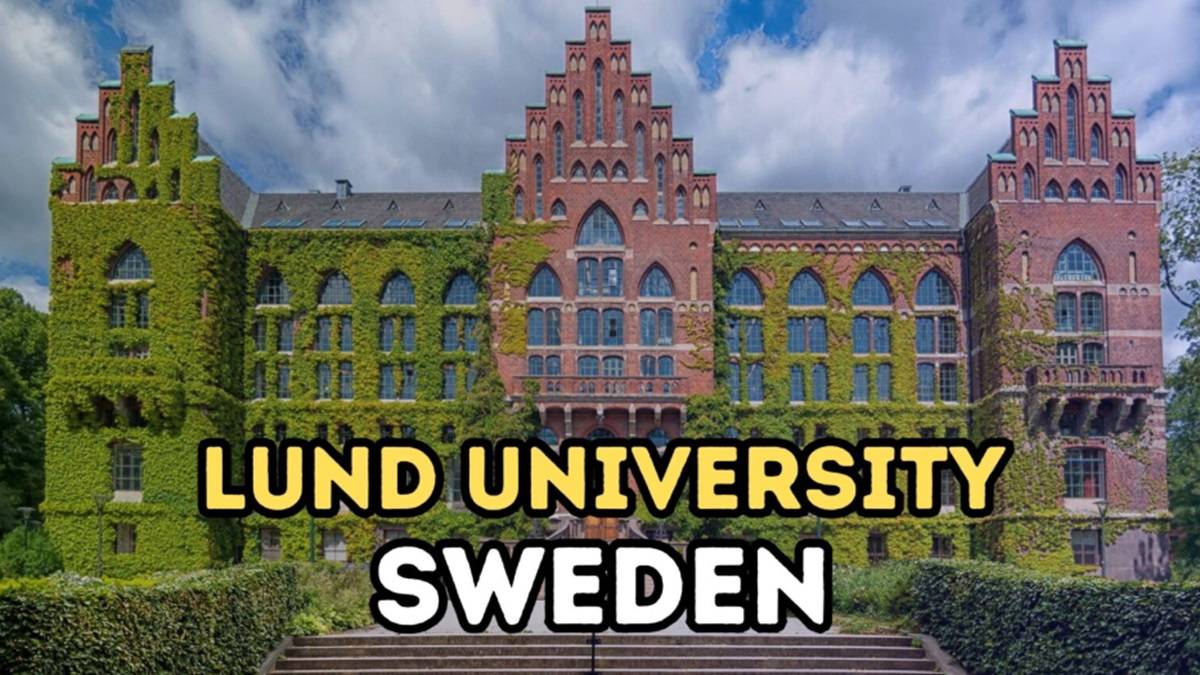Lunds University: Satellite-controlled Fertiliser To Be Tested In Skåne
Study Abroad: Lund University has come up with a new promising AI-based technology in agriculture, which promises reduced environmental impact and more efficient farming at a lower cost.
The researchers at Lund University, Sweden, have come up with a new agricultural technology that will be integrated into agricultural machinery and will be tested this year. According to the university, AI technology, LTH, mathematicians at Lund University, and the new control files for tractors and other agricultural machinery are likely to contribute to this technology.
There will be multiple benefits of this AI-modelled technology. It will reduce unwanted runoff into the groundwater by avoiding eutrophication. Also, due to the unpredictable weather nowadays, historical knowledge becomes less valuable and there is a need for advanced decision support. The AI technology will help in predicting the harvests as early as March and April, that too with high precision.
To provide this prediction about the estimated harvest, the AI models combine historical patterns, soil data, and weather forecasts, even when the future weather is not fully known.
Lund University Satellite-controlled Fertiliser: More Details
Alexandros Sopasakis, Senior Lecturer at the Division of Computer Vision and Machine Learning at LTH commented, "Knowing what to expect is a huge support for farmers in their planning. Data already indicates that 2025 risks being a tough year with drought, and knowing that now instead of in a few months can make a big difference. With AI, we are simply helping farmers to invest their resources correctly."

Doctoral student Oskar Åström said, "In Sweden, we have a lot of data, such as soil samples and soil data, collected over many years and that are available for research. In many other countries, there is a large industry around agricultural data, and a lot of information is kept secret, which leads to reduced opportunities for open research."
"The more the climate and weather deviate from what it has looked like historically, the less the historical knowledge becomes valuable when it is more important to ourselves. That is why these statistical methods and requests are needed. This is how we can help farmers," added Oskar Åström.
Alexandros Sopasakis and Oskar Åström have used a long series of historical harvest outcomes and large amounts of satellite data.
According to the university, the technology can also be used in other parts of the world by training the AI model with local climate, harvest, and satellite data.
Read more:
Pick your stage and get free guidance from counsellors who've helped thousands get into top universities.
 Starting research
Starting research Shortlisting colleges
Shortlisting colleges Exam preparation
Exam preparation SOP/LOR writing
SOP/LOR writing Scholarship & finance
Scholarship & finance Visa application
Visa application

